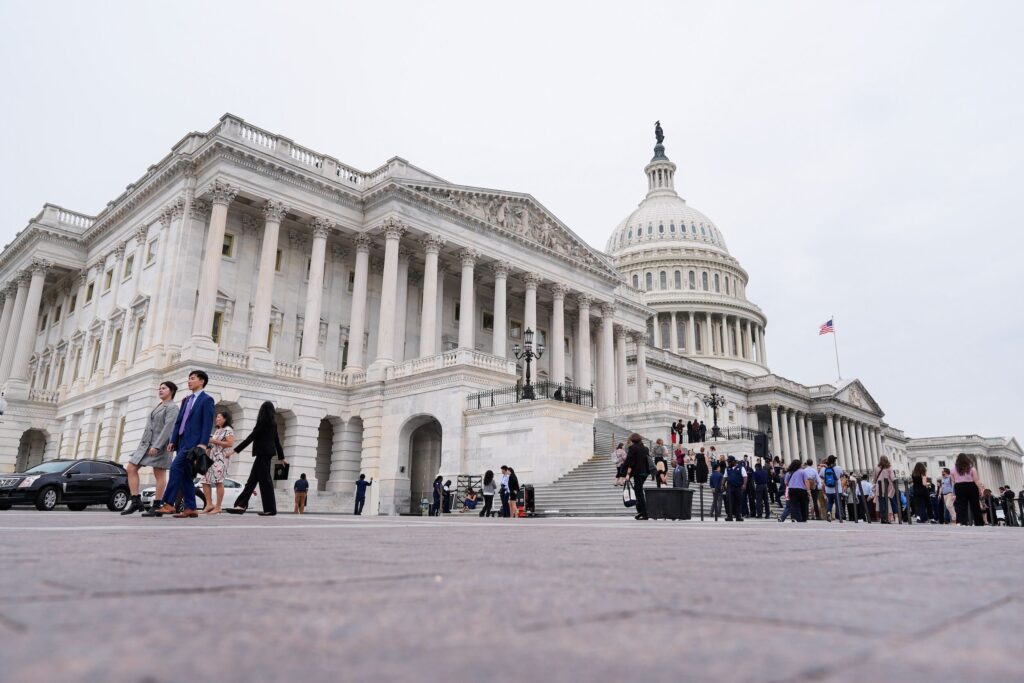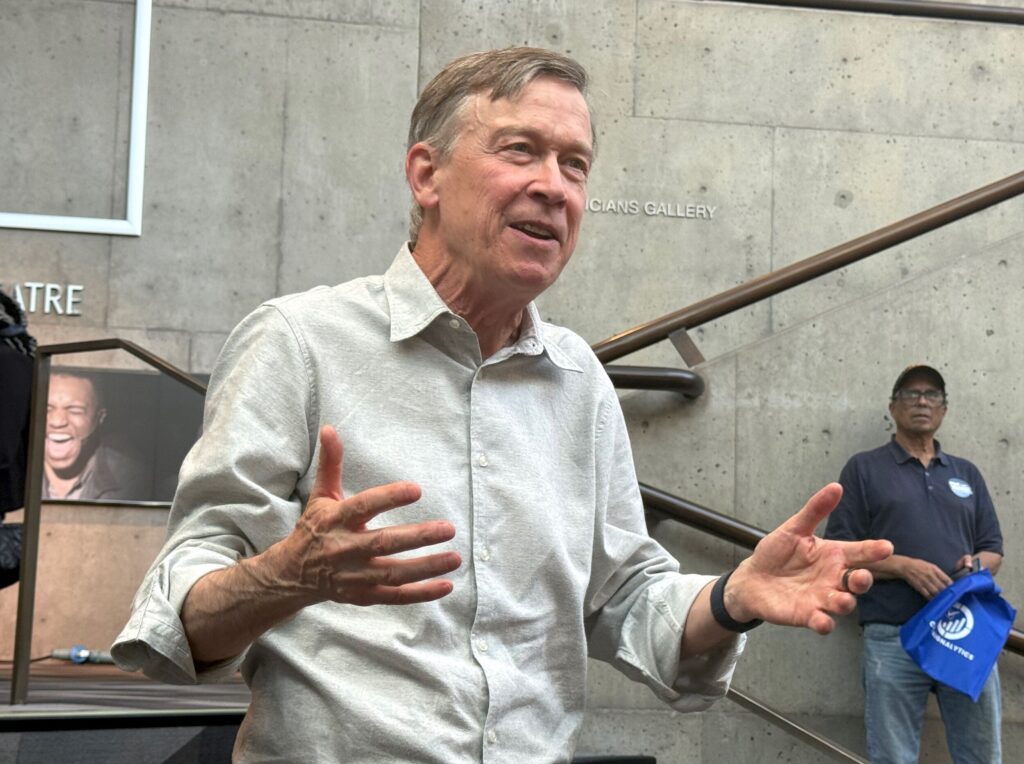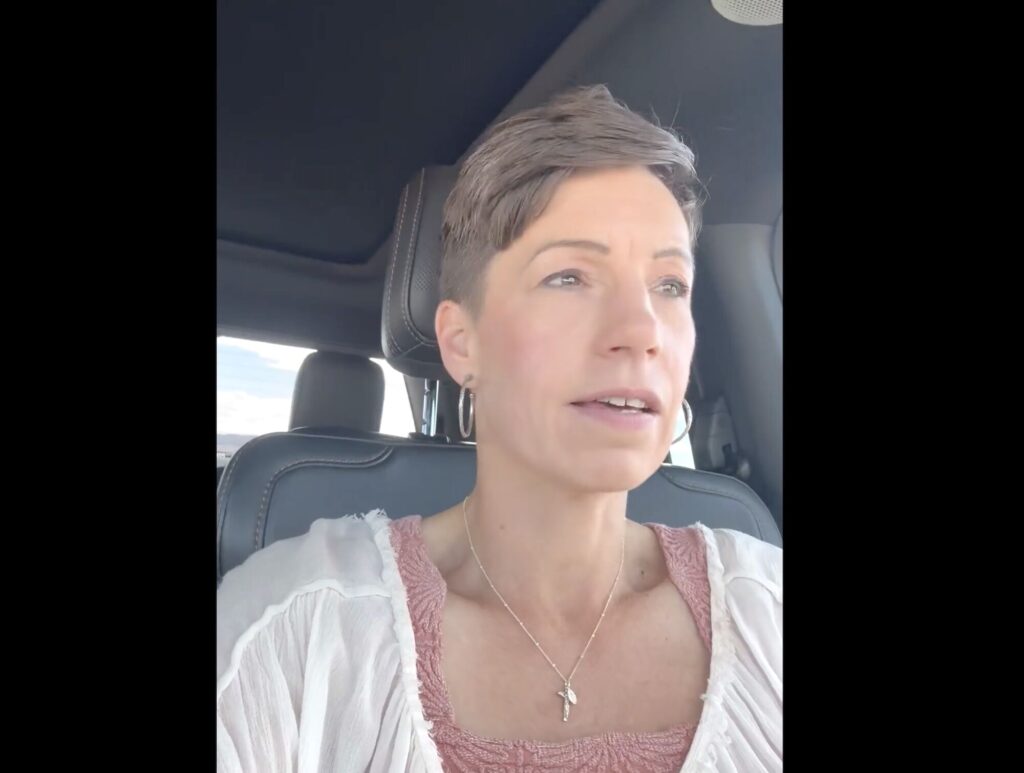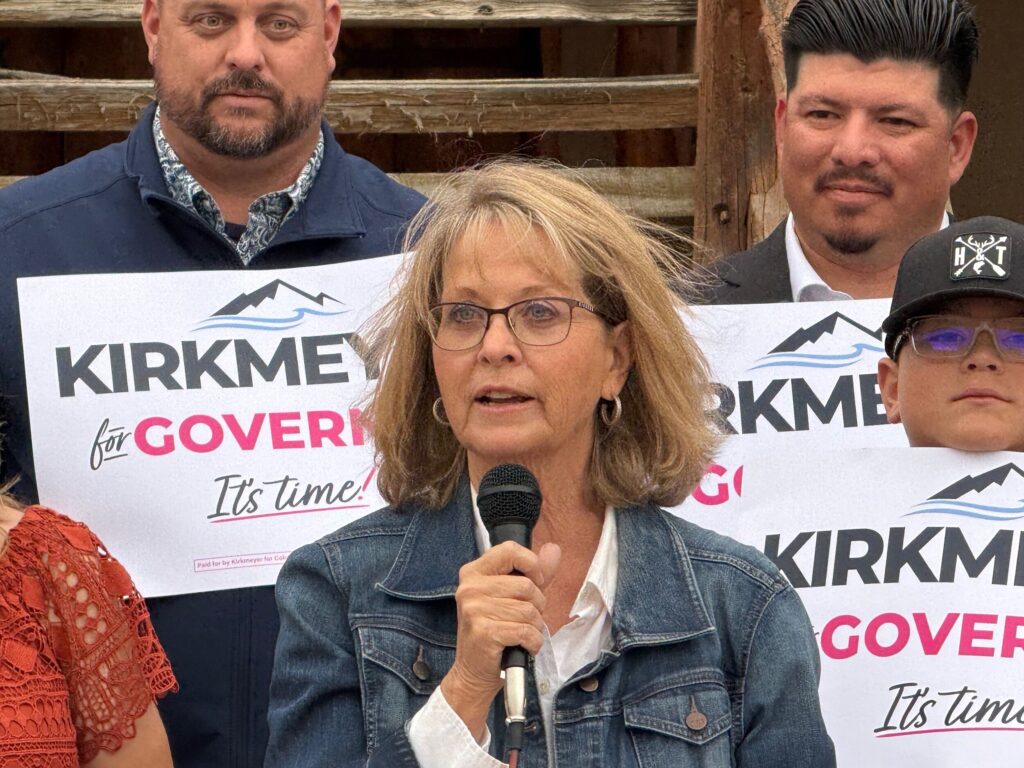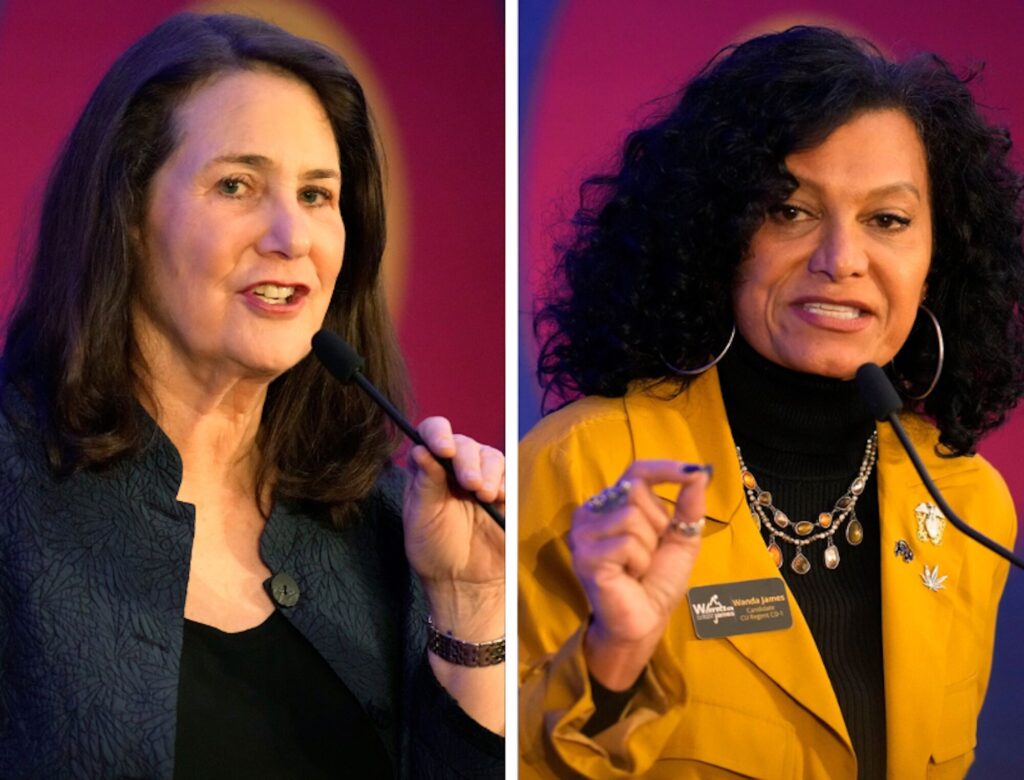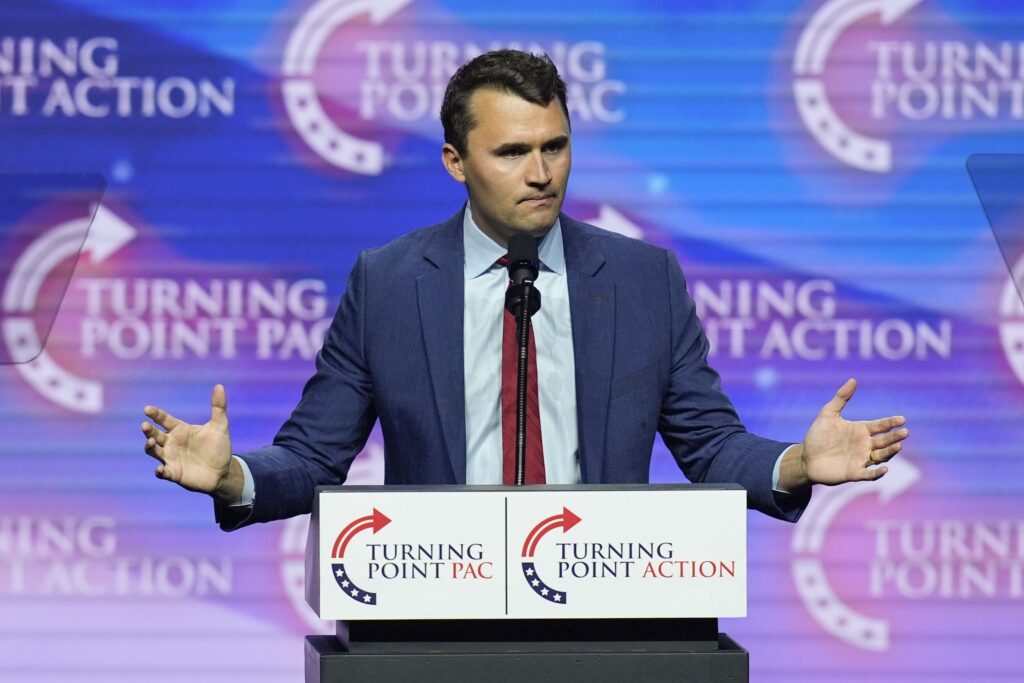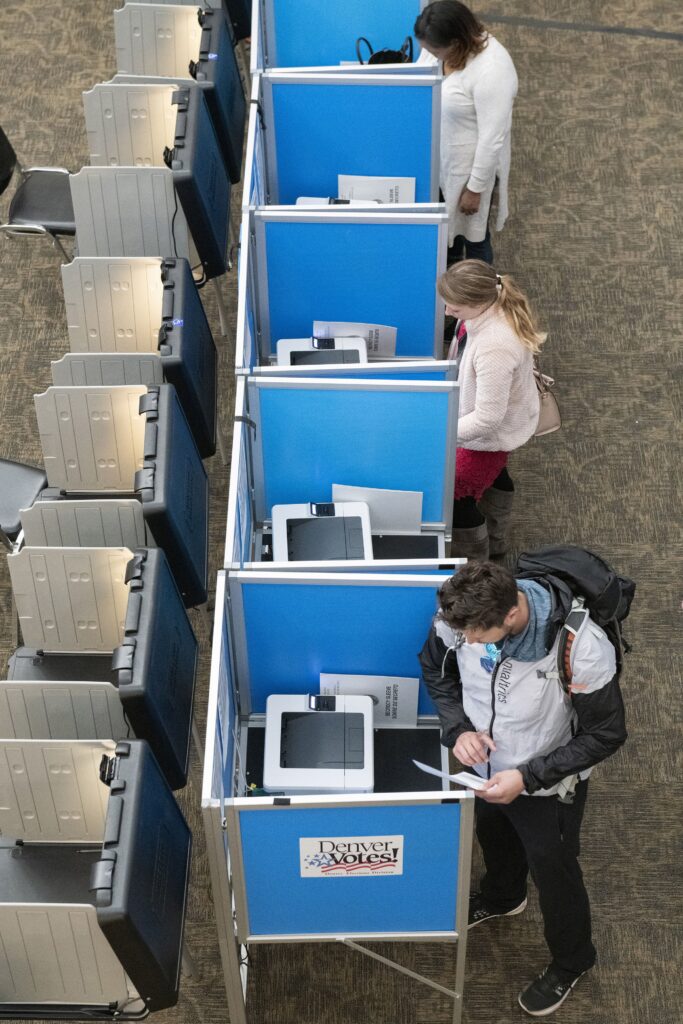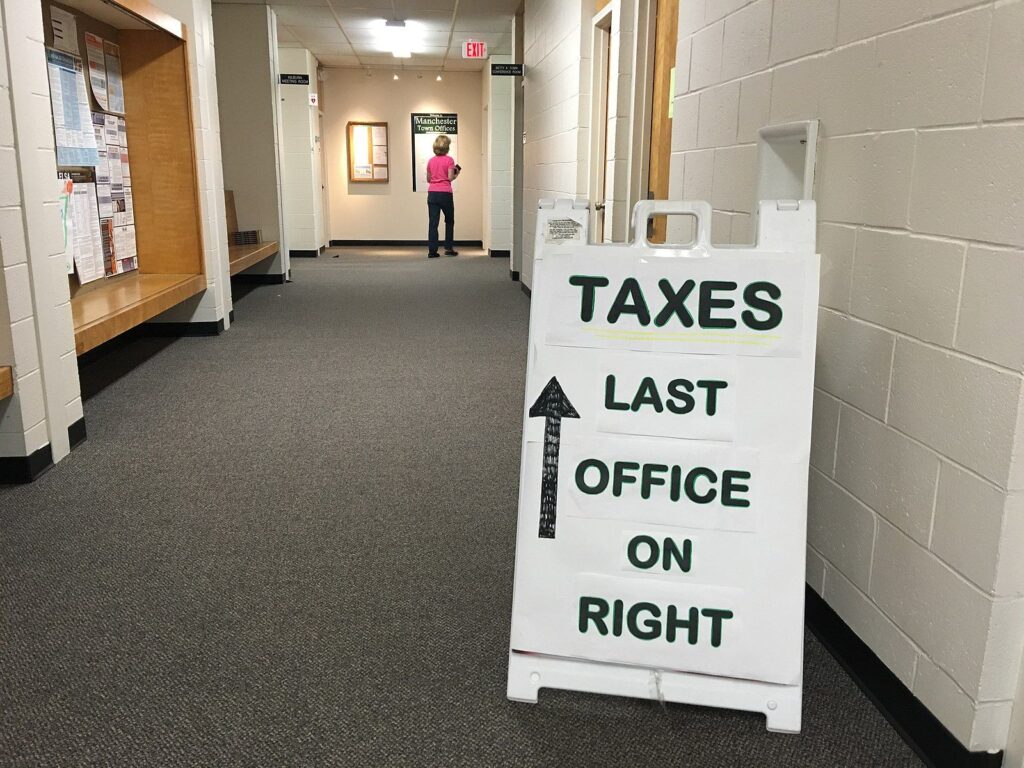Q&A with Heidi Ganahl | Colorado’s energy transition is ‘too far, too fast’
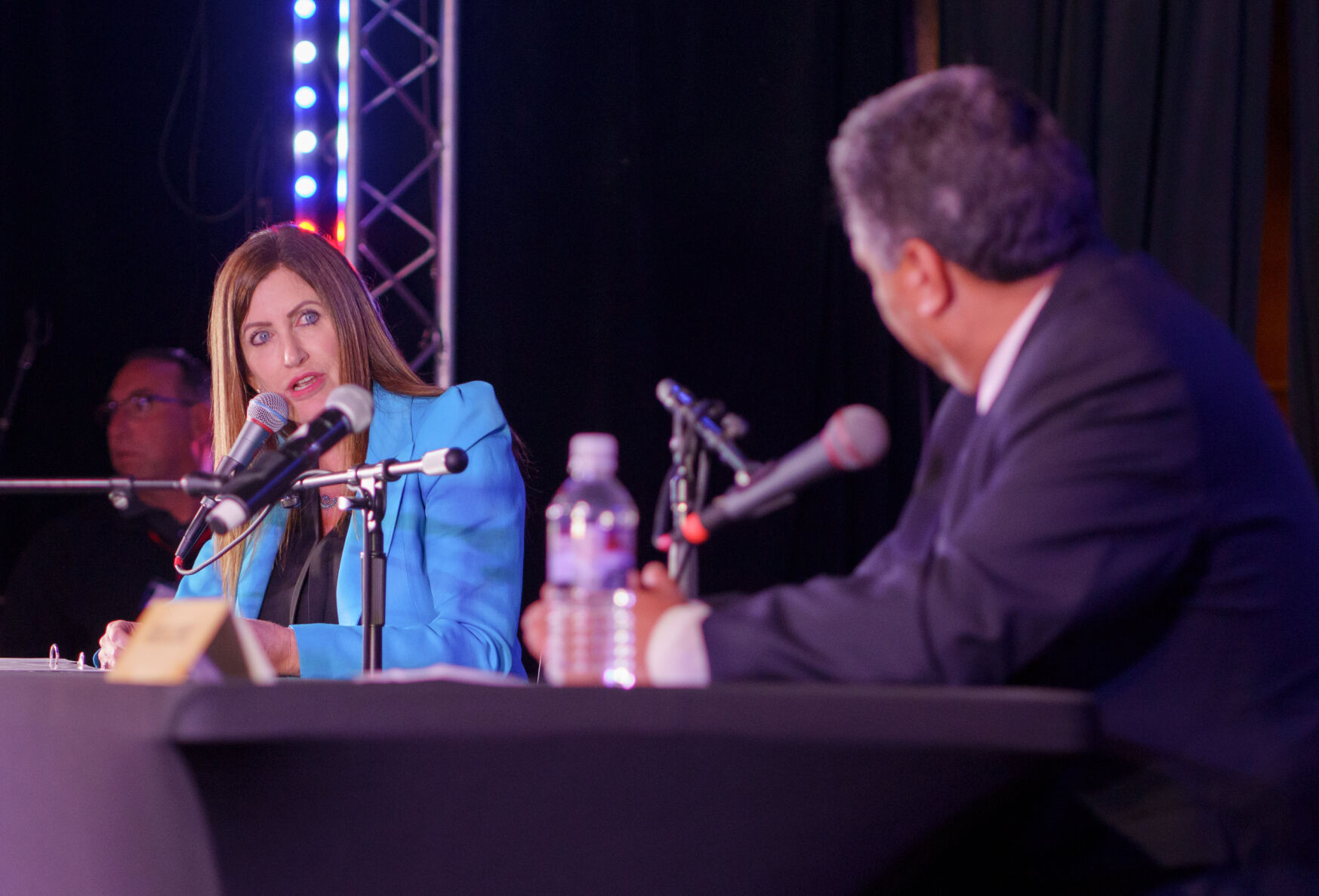
The Denver Gazette invited gubernatorial candidates to talk about energy and transportation. Republican candidate Greg Lopez declined the Q&A.
In this interview, Republican candidate Heidi Ganahl argues that Colorado’s transition to renewable energy sources is going “too far, too fast,” hammering the poorest Coloradans.
The Denver Gazette: What’s the elevator pitch on your energy intentions?
Heidi Ganahl: I think the key thing is that there’s space for everyone in energy production right now. We need to trust the free market to choose the most effective energy solutions – like it does with other industries. At the end of the day, we all want a clean environment and Gov. Polis needs to understand that air quality doesn’t end at our state line.
Regulations are most successful when they allow companies to use technology to reach common goals, not when they ban good ideas. I think we’ve gone too far, too fast in this stretch for all renewables. I think it’s time to take a step back and make sure that we have the technology to reach our goals – but at what pace is the question.
If we push oil and gas out of Colorado, it will come from someplace else. We produce some of the cleanest energy on the planet right here in Colorado, with some of the strictest regulations. I would much rather produce it here, where we know we do it right, than get it from nefarious actors across the globe.
We don’t need more government intervention and redundant policies. And I do believe these layers of regulation are just another way to squeeze the life out of the industry, which is really being decimated right now. One of the key things I hear about around the state is the impact of not approving permits and not encouraging production here. No regulatory certainty for the industry. It’s very deflating and they’re not sure it’s the right thing to do to invest here.
Polis shouldn’t have shut down the oil and gas industry here, or effectively done that with his policies, before they had a plan on how to deal with the issues at hand. What’s going on abroad with energy independence, I think, is critical right now. We’ve got to make sure that we get back on track. We were pretty much energy independent just a couple of years ago, and that’s gone to heck in a hand basket.
DG: Do you think that the goal of 100% carbon free energy by 2040 is an achievable goal?
Ganahl: No, I don’t. Well, it might be achievable at the expense of our livelihoods (and) our economy. I think it’s going too far, too fast. We can be an all-of-the-above energy state. We don’t have to pick either.
One thing that was really frustrating for me was that the legislature had the opportunity to do a study on nuclear and they voted it down. And nuclear, from all the research I’m doing, is one of the cleanest and most effective and efficient and safest types of energy out there right now.
DG: The Colorado energy office director, Will Toor, has said that carbon capture may be appropriate for industries like cement plants and for natural gas backup generators for the grid, but not for coal. Does that make any sense to you?
Ganahl: Coal production is not as they make it seem. It’s very clean here in Colorado and it’s very effective and produces a ton of energy that we don’t have a plan to replace when they shut the plants and the coal mines down. So, that’s worrisome. We’re talking about brownouts happening in Texas, and I do think that could happen here in Colorado. They don’t have a plan for replacing the energy, but they also don’t have a plan for helping those communities that they’re going to devastate by shutting those places.
Ganahl: Well, at the end of the day, we need natural gas to produce enough power and electricity to even make that possible. Electrification works in theory, but I don’t think this dramatic move to get rid of natural gas and take all of our buses and new residential builds electric is the right approach. I think when that happens, we’re going to affect the poorest in our society quickest and fastest and most dramatically. And I find that it’s not a viable option going forward.
DG: What’s your opinion on the new state minimum energy standards and what’s it going to cost consumers to meet those standards for their new homes?
Ganahl: Right now, 24% of the cost of new builds in residential homes are regulatory. So, permits, regulations – all of that. And that’s part of the reason affordable housing is so hard to find in Colorado.
I think that we can look at the Marshall Fire situation as an example of how, again, it’s too far, too fast. You’ve got many, many people that were displaced. I used to live in Rock Creek. I know a lot of people who lost their homes up there and they cannot rebuild right now because either they’re underinsured, or the building codes are so onerous that the price is out of reach for them.
Their houses were built in the nineties or 2000s, and they’re expected to rebuild them at these stretch goals for the new green energy codes. And it’s just not viable. A lot of these folks are going to have to move out of the area, which is heartbreaking.
DG: One of the issues with the new green standards bill is that it allows local agencies to add on to the requirements. Are you aware of the incremental costs that imposes on developers trying to design homes for a project?
Ganahl: I’m not aware of an exact number, but, yes, I hear about that a lot, whether it’s the Marshall Fire victims or developers or community leaders who are trying to figure out how to create more affordable housing.
And that’s not just in the Metro area, it’s all over the state. I was in Durango a couple weeks ago and one of the topics that everyone wanted to speak about was affordable housing and their lack of workforce there because no one can afford to live there.
When you look at the available housing, it’s a million and up. There’s not a lot of options for people who make $40 to $60,000 a year.
You’ve also have to look at the water problem. If we don’t have enough access to water, then we obviously can’t develop. That’s something that’s happening in the Denver Metro area and some of the suburbs.
DG: Should the ability to have water available for residential and even commercial development be the limiting factor in development approval?
Ganahl: Well, it has to be part of the conversation. And in order to address that, we have to have a governor who will stand up to the federal government that’s hamstringing our ability to get storage projects through. Some of them have been in the works for many years.
A lot of our water is going out of our state that could be kept here while honoring the (interstate water) compacts we have. But the federal government has made it so difficult to get these storage projects through that we don’t have that ability right now.
That’s one of the most critical conversations going on. I think we have to take a couple of steps back and have a really bold, strong water plan. Then you can inspire growth in a smart way. I don’t think you can strictly say, ‘Hey, you’re not allowed to develop because we’re having a tough time with water.’ I don’t think that’s fair to the property owners.
DG: What’s your understanding of the opportunities for the use of nuclear power and why would nuclear power be necessary in the era of renewables like solar and wind?
Ganahl: Because solar and wind don’t have the capacity, at least right now in Colorado, to produce enough energy. And if we are going to shut down our coal plants, then we have to have a different way to produce the energy that we need in our state. Nuclear is one of the cutting-edge solutions that I think we should absolutely study and see if it’s a good option for us here in Colorado, especially in some of the smaller towns that are being decimated by the shutdown of coal and oil and gas.
DG: What about the problem of disposing of nuclear waste? People are very concerned about what to do with expended nuclear materials.
Ganahl: I think that’s part of the conversation around the new type of nuclear technology, and they’re addressing those concerns. Obviously, that’s a concern for everybody, but I think in the smaller nuclear facilities, that’s not as big of an issue.
DG: What about other alternatives for firm power generation to keep the grid operating and stable in the face of intermittent renewable resources like wind and solar?
Ganahl: I did just tour a new hydro plant being developed in Palisade and they were explaining how that works, and that seems like a pretty effective option. I think we can produce cleaner natural gas. I don’t think that should go away. I think it has to stay part of the conversation.
DG: If you can capture carbon dioxide from natural gas power plants, does it make any sense not to capture it from coal power plants?
Ganahl: Well, it sounds like common sense that we should be able to do that. I haven’t looked into whether that’s a possibility. What I’ve found from my conversations is that it’s probably too far gone to be able to pull back on the closing of the coal plants. Everyone I talked to about this (says) can we pull back? Can we keep them open? Can we at least have them create reserves? Is there anything we can do to save these jobs and to save the power that’s being generated?
DG: What’s your take the Colorado Department of Transportation and how it’s operating at present?
Ganahl: Oh my gosh. It’s a hot mess from everything I’m learning. First of all, Lew (Shoshana Lew, executive director for the Colorado Department of Transportation) is not a good leader. She does not understand the challenges and seems like she’s a puppet for Polis. I think they’re doing everything they can to keep Coloradoans off the roads, as evidenced by an EPA determination letter that Polis didn’t submit to the EPA. And now we have we’re going from serious to severe on our ozone designation.
DG: What letter are you referring to?
Ganahl: Polis refused to send the science to the EPA that previous governors have done that acknowledges that about 70% of our ozone is natural or transient and we can’t affect it. Because he didn’t do that, there’s not really any way for us to become compliant.
And, so, we moved from serious to severe, and that is going to require us to use a certain type of fuel, a blended fuel that costs 51 cents more per gallon, starting in 2023. Polis said that it’s not a big deal. But everyone I’ve talked to that knows about this issue says it’s a huge deal, and they’re just trying to get through the election without people realizing what is happening, and that we will have the same requirements as California. We’ll have to use the California blend here in Colorado.
DG: What do you think about the propriety or legality of the governor refusing to send information pertinent to the EPA’s determination of how to handle things in Colorado? Is that something that a governor has the authority to do?
Ganahl: I can’t imagine that it’s okay. I just learned about this over the last couple weeks, and as I talk to people about it, they’re pretty horrified. But that’s a good question. I wonder if he does have the ability to do that or not.
DG: Do you think that Polis’ aim of making internal combustion engine automobiles obsolete by 2050 is realistic or achievable?
Ganahl: I think it’s too far, too fast. I don’t think we’re going to be able to get there. And if we do get there, it’ll be tremendously expensive and damaging to our economy.
DG: How do you respond to the charge that that we must do all of these things in order to save the planet from CO2 and global warming?
Ganahl: We all want clean air, clean land, and clean water, but we have to balance that with an all-of-the-above approach. It’s too far too fast, the way they’re going. And it’s going to destroy our economy and hurt the poorest in our society the most.


